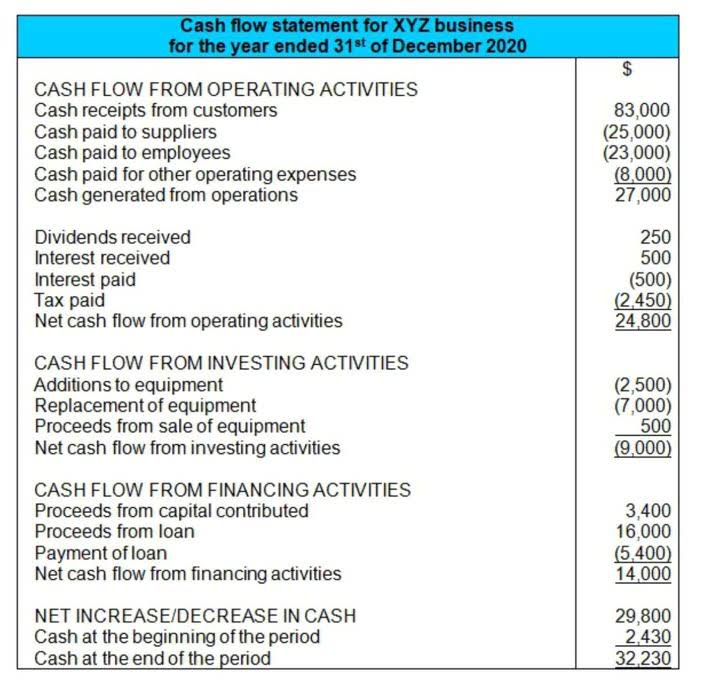
In-house accounting means your CPA firm employs a full-time team to manage all accounting tasks, from daily bookkeeping to financial reporting and compliance. This model offers direct control over the accounting processes and close integration with the team. Outsourcing Retail Accounting accounting, however, involves partnering with an external accounting outsourcing company to handle these tasks.
Hiring an in-house accoutant

Are you looking to grow rapidly, or are you focusing on deepening client relationships with a stable, known team? Outsourcing offers agility to expand and contract with market demands, while an in-house team might provide a stable foundation for building long-term client trust and loyalty. We in house accounting vs outsourcing have a wide expertise in handling the numbers of businesses across various industries and broad experience in using top-of-the-line software to better handle your finances. The bottom line is that there are advantages and disadvantages no matter which route you take when it comes to choosing between having an in-house vs. outsourcing accounting. For a breakdown of related costs, check out how much do bookkeeping services cost. AP services are easily offshored to low-cost countries like Mexico, India, or the Philippines, with significant savings for businesses of all sizes.
Does my business need an in-house accountant?
Plus, you’ll be able to keep a better eye on activities, ensuring that your company’s financial management practices closely align with the company’s needs and culture. InFlow also integrates seamlessly with QuickBooks Online and Xero, offering a two-way payment sync option. This makes it easy to synchronize inventory data with accounting records and ensures that financial statements remain accurate. Bookkeeping and accounting services for small businesses provide you with highly skilled and experienced professionals who put their expertise to work on your behalf. With outsourcing, you pay for the services you need rather than paying for a full-time salary and benefits. You can opt for a monthly service plan for one accounting process—bookkeeping, accounts payable and receivable, payroll, and more.

Pros and Cons of Each Approach

In addition, many are able to provide specialized expertise that may be harder to find with an in-house accountant. At Pearl Talent, we understand the intricacies of managing accounting and administrative tasks. Our VAs are highly adept, trained, and experienced in financial management, bookkeeping, and some other administrative functions for the smooth functioning of support. We provide businesses with knowledgeable professionals who can help you increase efficiency and streamline operations, allowing you to concentrate on core business objectives. Direct control over processes and immediate communication are often cited as advantages of an in-house team. If your firm values having all hands on deck where you can easily convene meetings or discuss client needs on retained earnings balance sheet the fly, in-house might be your go-to.
- If you’re in a growth phase or entering a busy season, outsourcing offers the agility to expand without the headaches of hiring and training new staff.
- One of the biggest advantages of outsourcing for small business owners is that there is no need for a physical space for the accountant.
- Whether it’s better to outsource accounting depends on your firm’s specific needs, goals, and resources.
- While we believe that the information presented is from reliable sources, we do not represent, warrant or guarantee that it is accurate or complete.
Controllers have expensive wages and rarely spend more than 20 hours per month in small business accounting. However, a controller is a critical check-and-balance to staff accountants, so small businesses benefit by engaging outsourced controller services. In-house accountants are most common in larger businesses that have significant accounting workloads. Companies with large, complex accounting can support teams of 5+ accountants under a finance manager at significant expense savings vs. outsourced services. Whereas, outsourced accounting for businesses takes no scalability efforts as these people are represented as a service. You can scale up or down depending on your budget anytime when it comes to outsourced services.
Ridgewise helps businesses streamline their accounting processes, reducing the need for extensive in-house training. Our bookkeeping services minimize recruitment expenses by providing expert support tailored to your financial management needs. With an individual or even a small team of accountants working for you, you may not get the kind of comprehensive, thoughtful accounting you need. Without a team of voices and accounting minds supporting a decision, there’s a higher chance of mistakes or oversights. The chances are far greater when you do it yourself, particularly due to understandable biases business owners may have. Outsourcing your bookkeeping and accounting functions can also help minimize delayed, unreliable, or erroneous financial reporting.